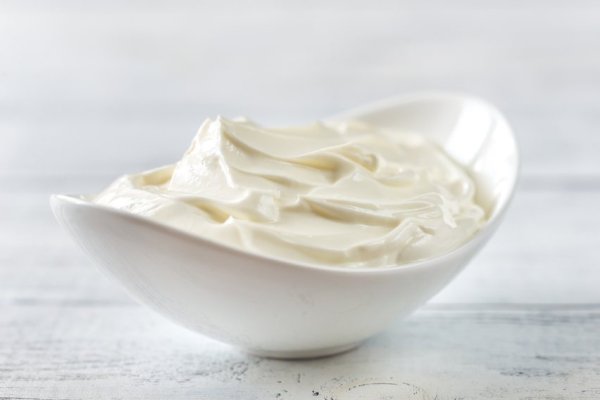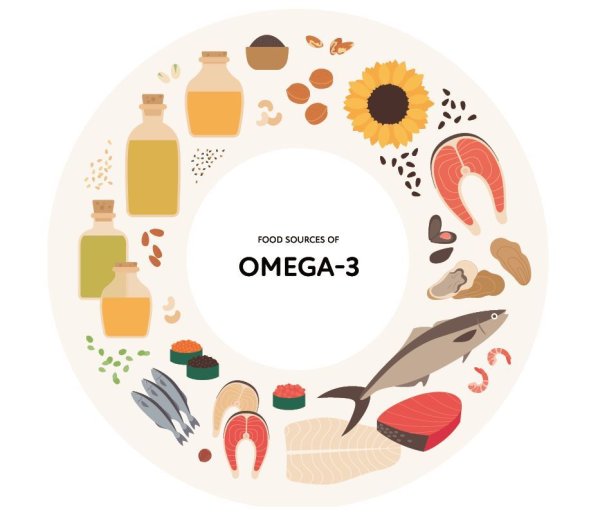Prevent cancer and cardiovascular diseases? Latest research: β-Hussil and Vitamin E are harmful, but combined with Vitamin is useless

The American Medical Association journal JAMA published 4 articles related to vitamins yesterday (2022-6-21). To save space, I only sorted out the key points of two of them as follows:
Editor comments: Multivitamins and Supplements— Benign Prevention or Potentially Harmful Distraction? (Comprehensive Vitamins and Supplements— — Benign Prevention or Potentially Harmful Distraction?). Last paragraph: "In addition to waste money, attention to supplements may be seen as a potentially harmful interference. Rather than focusing money, time and attention on supplements, it is better to emphasize low-risk, high-yield activities. Individuals, public health, public policy and citizen efforts should focus on supporting people to conduct regular preventive health care, follow healthy diets, exercise, maintain healthy weight and avoid smoke. Health systems and health care professionals should focus on USPSTF Recommended verified prevention services, including control of hypertension and behavioral inquiries, to encourage physical activities and healthy diets. ”
{99}【Note: USPSTF (US Preventive Services Working Team) is a non-profit organization composed of many medical experts. It specializes in providing suggestions on whether various medical projects (such as screening and treatment) need to be implemented, and has a high status】
Research article: Vitamin, Mineral, and Multivitamin Supplementation to Prevent Cardiovascular Disease and Cancer: US Preventive Services Task Force Recommendation Statement.
Research Movement: According to the National Health and Nutrition Survey (NHANES) 2011-2014, 52% of American adults surveyed (n = 11024) said at least one dietary supplement was used in the past 30 days, and 31% said comprehensive vitamin mineral supplements were used. The most commonly cited reason for the use of supplements is for overall health and wellness and to fill in nutrition gaps in diets. Cardiovascular disease and cancer are the two major causes of death, which together account for about half of all deaths in the United States each year. Inflammation and oxidative stress have been shown to have an effect in cardiovascular disease and cancer, and dietary supplements may have anti-inflammatory and antioxidant effects. This has become the basis for proposing dietary supplements as the basic principle for preventing cardiovascular diseases and cancer. To update its 2014 recommendation statement, the USPSTF commissioned systematic reviews on supplemental single nutrients, functionally related nutrients or comprehensive vitamins to reduce risk of cardiovascular disease, cancer and mortality in the average adult, and the hazards of supplementation. The focus of this evaluation is non-pregnant adults who are 18 years of age or older who do not have known cardiovascular or chronic diseases (except hypertension, overweight or obesity) or nutritional deficiency.
Research results:
Comprehensive Vitamins: 9 Random control trials reported health results related to Comprehensive Vitamin Replenishment. A summary analysis of these studies showed that there was no connection between comprehensive vitamin supplements and all-cause mortality. The largest trial COSMOS also found that supplemental vitamins had no effect on all-cause mortality after 3.6 years of visiting. The total analysis of 4 studies showed that the use of integrated vitamins was not associated with cardiovascular disease mortality or cancer mortality, although the total analysis of 4 trials found a slight decrease in cancer incidence.
β Hussar (predecessor of Vitamin A): A general analysis showed that during 4 to 12 years of visit, all-cause mortality risk associated with the use of β-Hussar was not statistically politicized. A total analysis of 5 studies showed that the risk of cardiovascular disease mortality associated with supplementation of β Hussil was significantly increased during visits over 4 to 12 years. Two trials performed in people who smoke or contact asbestos at work found that supplementing β-Hussil can significantly increase the risk of lung cancer.
Vitamin A: A random comparison test for vitamin A has nothing to do with all-cause mortality.
Vitamin B3 and B6: There is no sufficient evidence to evaluate the effects of these vitamins on all-cause mortality, cardiovascular disease outcomes, or cancer outcomes.
Vitamine B9 (Leaf Acid): A total analysis showed that the supplemental leaf acid was not related to all-cause mortality rates between 2 and 6.5 years. The incidence of cardiovascular disease mortality and cardiovascular disease events is too low to conclude. A total analysis showed that single or with vitamin B12 was associated with higher cancer incidence during 2-6 years of visits. However, one trial was limited to adults with moderately elevated homocysteine levels, while others were limited to adults with a history of cervical adenoma. Therefore, this discovery is indeterminate to the general population.
Vitamin C: Two random control trials showed that supplemental vitamin C had no effect on all-cause mortality, cardiovascular events, or cardiovascular disease mortality, although one of the trials was small and had no effect on these results. One experiment showed that vitamin C supplementation had no effect on cancer incidence or mortality.
Vitamin D: A summary analysis of 27 studies found that there was no difference in all-cause mortality rates related to vitamin D use after 6 months to 7 years of visit. The overall analysis showed no interdisciplinary differences in cardiovascular disease mortality, complex endogeneity of any cardiovascular disease event or myocardial infarction or midwind. The overall analysis also showed that vitamin D supplementation was not related to any difference in cancer mortality or cancer morbidity compared to placement. However, the 2 largest vitamin D supplementation test counteractivity magnitudes for cancer mortality are located on the opposite side of the invalid value. It is unclear whether the impact of vitamin D on health outcomes will differ by patient population characteristics (such as baseline vitamin D levels or dietary quality) or unknown factors. Furthermore, the visit time for the experiment reporting cancer mortality was 3.3 to 7 years, which may be too short to detect the impact on cancer specific mortality. These factors limit the ability to determine the impact of vitamin D on cancer incidence and mortality.
Vitamin E: Nine random inspection trials reported health results related to Vitamin E supplementation. The overall analysis showed that the use of vitamin E had no benefit on all-cause mortality after 3 to 10 years of visit or on the combined outcome of any cardiovascular event or cardiovascular mortality. The overall analysis also showed that the use of vitamin E has no benefit to the morbidity or mortality of any cancer.
calcification: Seven random inspection tests reported health results related to calcification replenishment. The total analysis found that there was no difference in all-cause mortality, cardiovascular events, cardiovascular disease mortality, or any cancer incidence, although the total number of trials was small and some of these results were highly qualitative.
Selenium: Although some studies have shown conflicting results, limited overall evidence suggests that supplementation of selenium has no effect on all-cause mortality, cardiovascular disease mortality, cardiovascular disease events or cancer mortality.
USPSTF Suggestions and Conclusions: Do not use β Hussil or Vitamin E supplements to prevent cardiovascular disease or cancer. Current evidence is not sufficient to assess the balance of pros and cons of using comprehensive vitamin supplements to prevent cardiovascular disease or cancer. Current evidence is insufficient to assess the balance of benefits and harms of using a single or aligned nutritional supplement (except β-Hussarin and Vitamin E) to prevent cardiovascular disease or cancer.
Original text: Cardiovascular disease, cancer prevention: β-Huspermum, Vitamin E is harmful, comprehensive vitamin is useless














